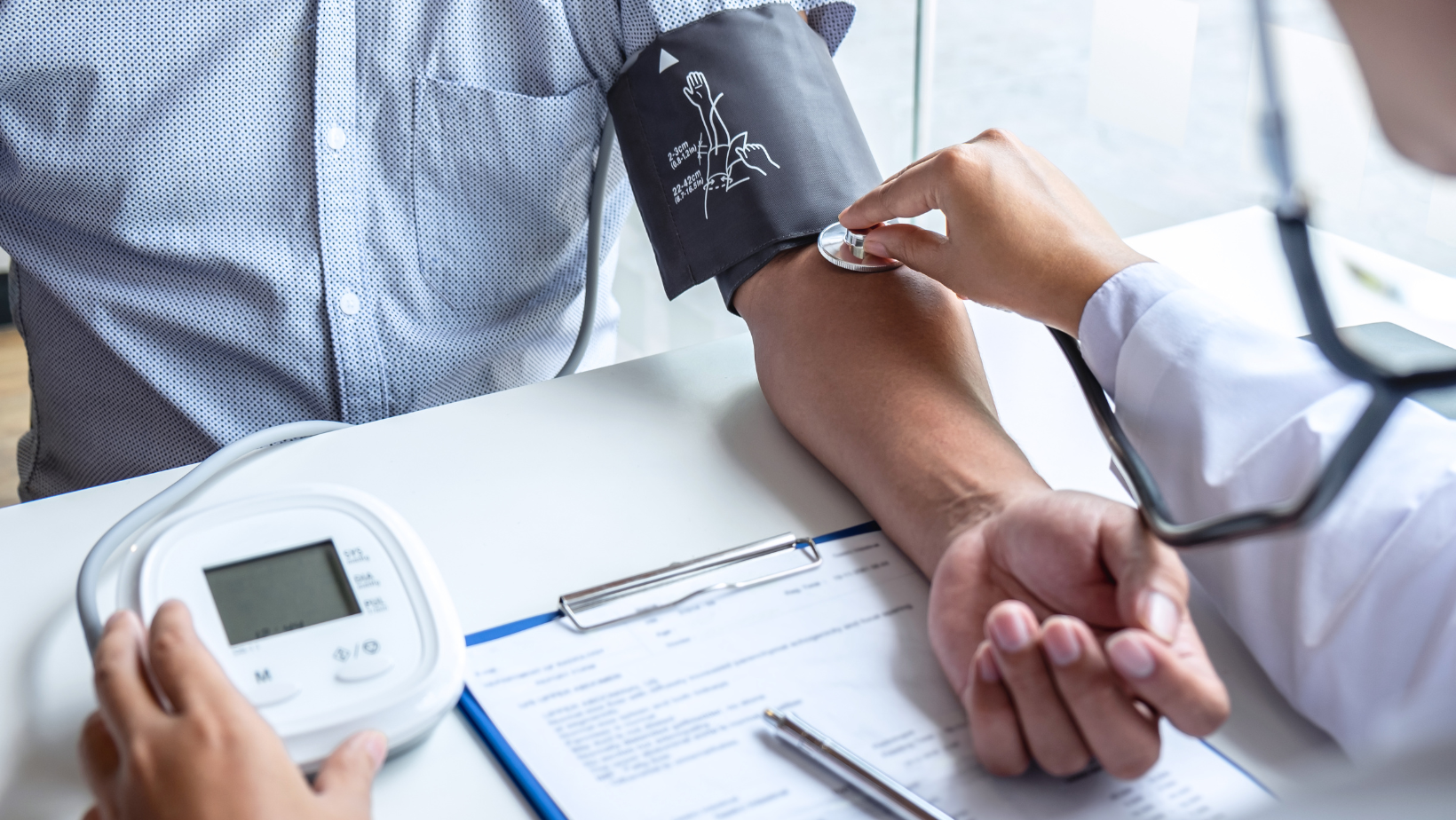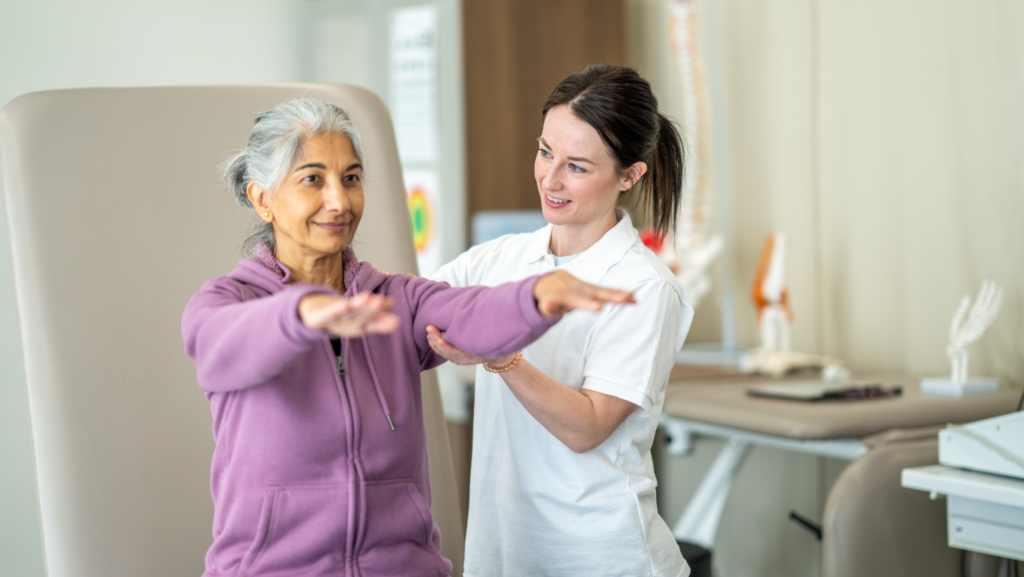Ever wondered about the phrase “well-being check”? It’s more than just a wellness fad. In fact, it’s a crucial tool used by healthcare professionals, law enforcement, and even concerned friends or family to ensure someone’s health and safety.
Unraviling what is a Well being check can serve as a lifeline for those who may be in distress, isolated, or potentially in danger. They’re a proactive approach to health and safety, offering much-needed peace of mind.
Stay with us as we delve deeper into what is a well being check, its importance, and how it can make a significant difference in someone’s life.
What is a Well Being Check
The Definition and Purpose
A well being check, in the strictest sense, refers to an interaction initiated to gauge and ensure the health, safety, and wellness of an individual. This encounter, often prompted by concern from loved ones, health care professionals, or law enforcement, aims to verify physical, mental, and emotional well-being. It’s not simply a casual inquiry but a deliberate attempt to ascertain any urgent needs or risks that may be present.
The Importance of Well Being Checks
 Well-being checks harbor manifold significance, representing cautious interventions that transgress the perception of being a mere trend. While they grew from the roots of informal community care, these checks now hold an essential place in healthcare systems, law enforcement protocols, and corporate wellness programs worldwide.
Well-being checks harbor manifold significance, representing cautious interventions that transgress the perception of being a mere trend. While they grew from the roots of informal community care, these checks now hold an essential place in healthcare systems, law enforcement protocols, and corporate wellness programs worldwide.
Mental health stands as a cornerstone in the realm of well-being checks. Such check-ins allow healthcare professionals to assess an individual’s mental health state, identifying signals of anxiety, depression, or other mental health disorders. For instance, regular conversations, observations, or even standardized tests can reveal hesitations, fears, or uncomfortable emotions that may not surface otherwise.
Physical Health Surveillance & Social and Emotional Support
 Physical aspects of health form an integral part of well-being checks. Routine physical health surveillance assists in tracking vital signs and biomarkers, such as blood pressure, heart rate, and glucose levels, providing profound insights into the person’s physiological state. Anomalies noted during these check-ups can put forth potential health risks, enabling proactive measures.
Physical aspects of health form an integral part of well-being checks. Routine physical health surveillance assists in tracking vital signs and biomarkers, such as blood pressure, heart rate, and glucose levels, providing profound insights into the person’s physiological state. Anomalies noted during these check-ups can put forth potential health risks, enabling proactive measures.
The role of well-being checks goes beyond mere medical assessment, embracing the umbrella of social and emotional support. Regular interpersonal contact fosters a sense of connection, compassion, and community. Particularly in vulnerable populations, such as the elderly or those with disabilities, well-being checks can function as important lifelines, reducing feelings of isolation or loneliness.
Best Practices for Effective Well Being Checks
To optimize the benefits of what is a well being checks, certain best practices provide robust outcomes. These practices encompass professional training and skills, fostering trust-based communication, and diligent follow-up actions.
Professional Training and Skills
Professional training equips individuals to conduct effective well-being checks. They learn crucial skills such as active listening and respectful questioning. These individuals gain knowledge in recognizing signs of physical, mental, or emotional distress. Examples of professional training resources include accredited health courses, mental health first aid training, and cultural competency programs. A trained professional, for instance, can notice if someone exhibits signs of anxiety or depression, thus enabling early intervention.
Building Trust and Communication and Follow-Up Actions
 Trust plays an integral role in the success of well-being checks. Trust forms the foundation of open and honest communication between the individual and the professional. Mechanisms for building trust consist of consistent interactions, respectful dialogue, providing reassurance, and maintaining confidentiality. For instance, a healthcare professional maintains a patient’s privacy by discussing sensitive matters in a secure and private setting, thus building trust over time.
Trust plays an integral role in the success of well-being checks. Trust forms the foundation of open and honest communication between the individual and the professional. Mechanisms for building trust consist of consistent interactions, respectful dialogue, providing reassurance, and maintaining confidentiality. For instance, a healthcare professional maintains a patient’s privacy by discussing sensitive matters in a secure and private setting, thus building trust over time.
Follow-up actions post well-being checks ensure the ongoing monitoring of an individual’s well-being. These actions include referring to other professionals, suggesting resources for self-care, or setting up for subsequent well-being checks. For example, after a well-being check, a community worker may refer an individual to a local mental health service for ongoing support.
Need to Know
Well-being checks serve as a critical tool for promoting health and safety. They’ve evolved over time, from informal practices to integral procedures in various sectors. Their effectiveness lies in their proactive nature, assessing physical, mental, and emotional wellness. Yet, it’s not just about the checks themselves, but how they’re performed. It’s essential to have trained professionals who can build trust, communicate effectively, and provide follow-up actions.
